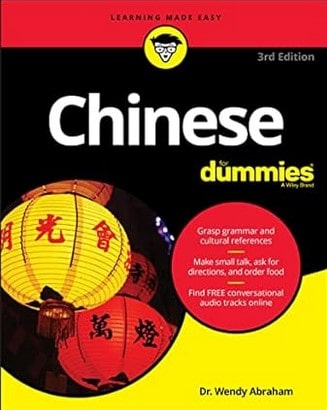[HSK4] () ()
(verb) leave; part
(verb) differentiate; distinguish
(verb) fasten with a pin or clip
(noun) category
(noun) difference; distinction
(adv) (used in giving commands or advice) don’t; had better not
(adv) used in expressing anxiety that something bad may happen
(pron) other; another
The post 别 appeared first on Learn Chinese Everyday.

